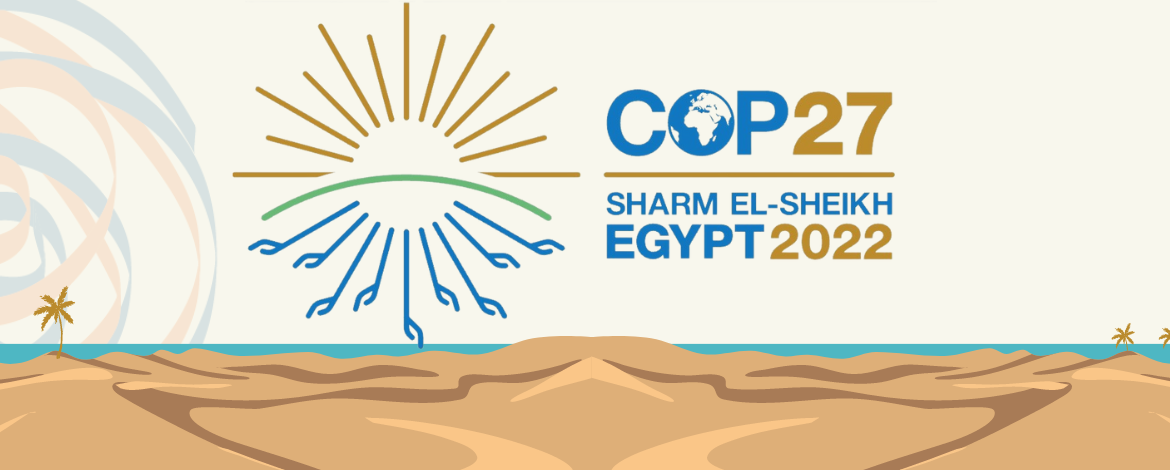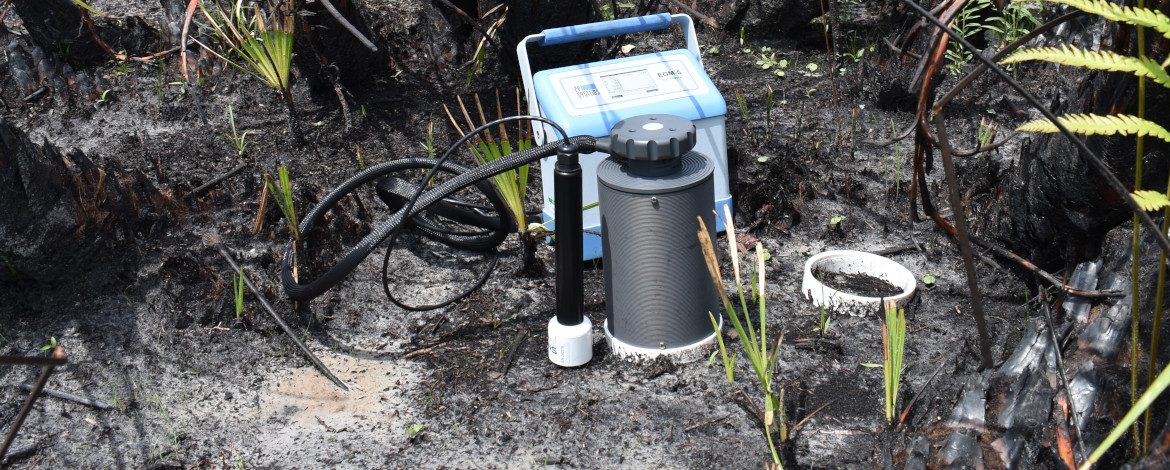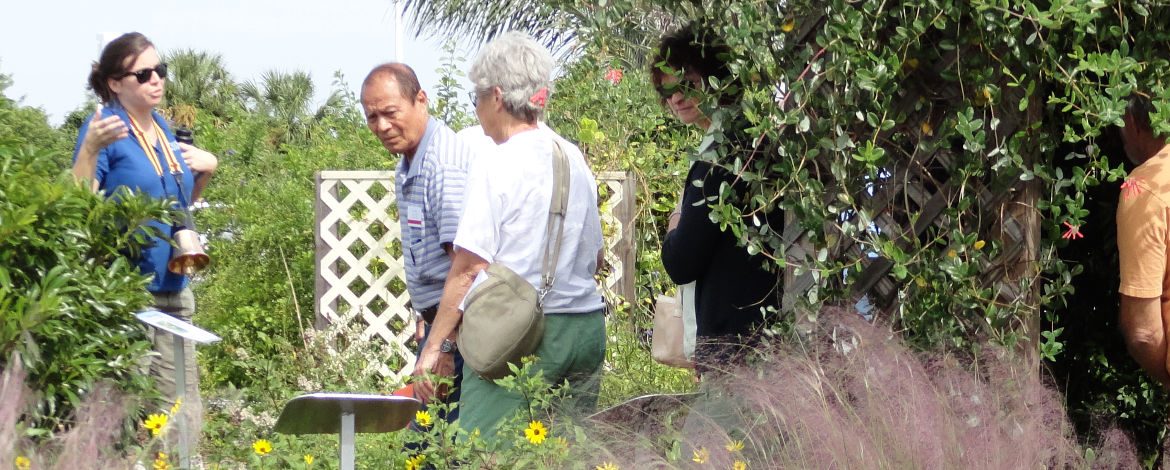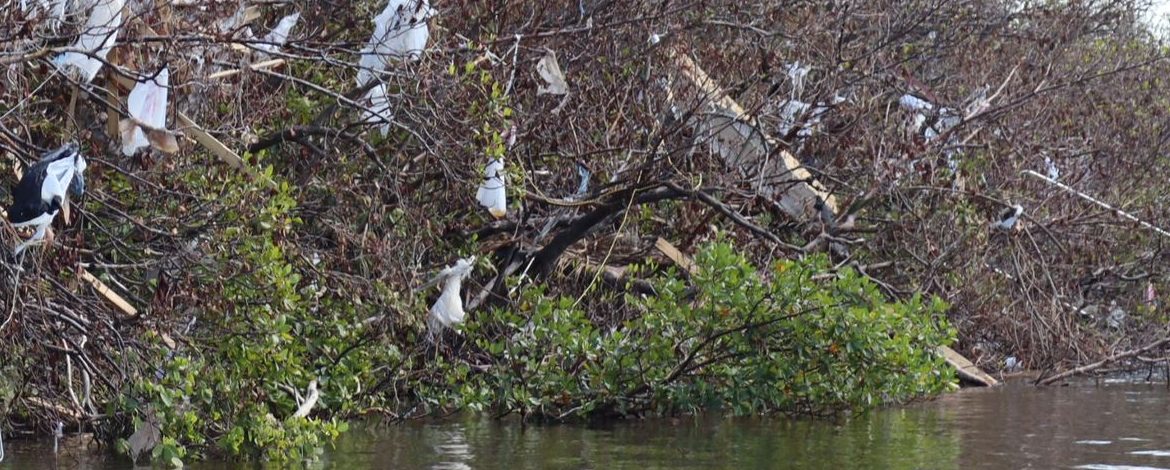UF/IFAS research and education centers (RECs) grow fruits and vegetables all across Florida to develop growing techniques and cultivars that benefit farmers. These centers are spread from Jay in the Panhandle to Homestead in Southeast Florida. So, what happens to all that fresh food? Much of it is donated to community food banks. Here’s a…












